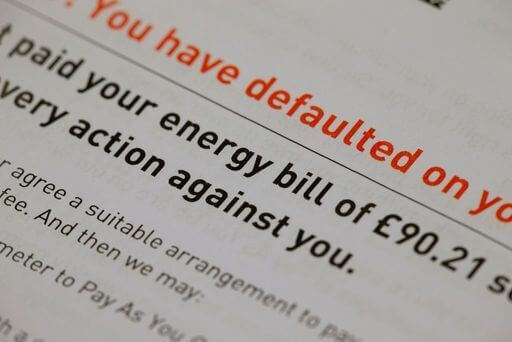The UK currency faces an energy crisis triggered by various factors, such as gas prices and supply chain disruptions. The result is quite devastating, as lots of small businesses across the country are struggling and looking for ways to cope with this economic decline.
A recent survey conducted by the Federation of Small Businesses has revealed that an overwhelming 71% of small businesses in the UK are concerned about the surging energy costs. Additionally, 60% of respondents expressed worries over the looming possibility of energy shortages.
These findings reflect the mounting pressure on small businesses, which are already struggling to navigate through the ongoing economic uncertainty caused by the pandemic. “Energy costs are a significant part of our overheads, and the recent price hikes have hit us hard,”says Jones, a small business owner in London.
However, it is still possible to take proactive steps like “investing in energy efficiency and exploring alternative energy sources,” according to experts, as this will help small businesses stay afloat.


The first step that small businesses can take to cope with the UK crisis is to evaluate their current energy usage and find areas where they can reduce consumption. This can include measures (such as switching to energy-sufficient lighting or investing in smart thermostats. to help save on energy bills.
Experts suggest another strategy, such as exploring alternative energy sources (solar or wind power) as a potential solution. Even though this option may not be feasible for all, it could provide long-term cost savings and decreased dependence on the grid. In addition, small businesses may be eligible for government incentives and grants for adopting renewable energy.
It’s also important for small businesses to stay informed and flexible as the energy crisis unfolds. This means keeping an eye on energy market trends and regulations, as well as exploring options for flexible energy contracts and payment plans.
Some energy suppliers may offer options like fixed-rate contracts or payment holidays that can help businesses better manage their energy costs during times of volatility. This may involve finding ways to reduce overhead costs, negotiating with suppliers for better prices, or seeking out new revenue streams.
Finally, small businesses can explore collaborative solutions, such as shared energy resources or partnerships with other businesses or organizations.
By pooling resources and working together, businesses can reduce their individual energy consumption and costs while also building stronger relationships within their communities. Additionally, small businesses can leverage a business advisor to help them cover their financial costs.
“Stay informed and be prepared,” say experts. Keeping a close eye on developments in the energy markets and supply chain disruptions can help small business owners anticipate potential challenges and plan accordingly. This may involve building up a stockpile of essential supplies, diversifying suppliers, or exploring alternative revenue streams.
Small businesses in the UK have shown remarkable resilience despite the challenges impacted by the energy crisis.
In summary, the energy crisis in the UK presents major hurdles for small businesses. However, there are practical strategies and solutions that can empower them to overcome these challenges and continue to grow amidst uncertainty.
By being proactive, staying informed, and exploring all available options, small businesses can weather the storm and emerge stronger on the other side.












